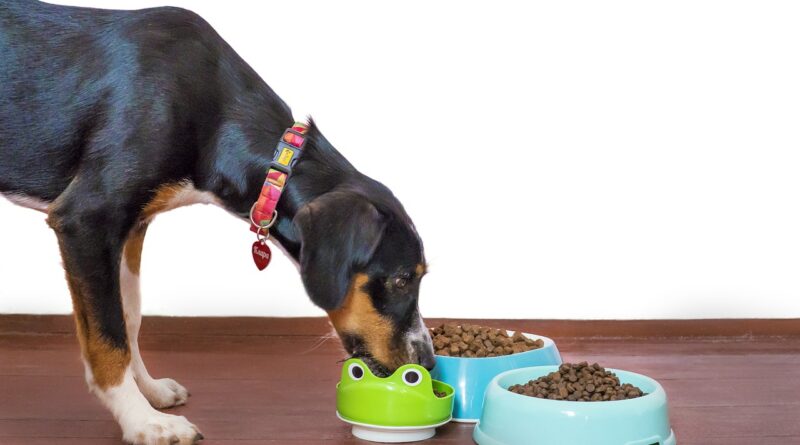Foods That Every Vet Advice Not to Feed Your Pet at Thanksgiving
You can never say “no” to your dog when it looks at you with hopeful eyes! It’s a fight between your mind and heart. That aside, it is also challenging when your pet wants to grab a bite of food you love. You might be preparing a meal for a family function and might think about sharing the same with your dog, which can become a little challenging. It can make you feel a certain void for a while.
Pet owners sometimes fail to exercise caution and give their pets all that gets cooked for a Thanksgiving dinner. It is more so during the holiday season, which could result in visiting the vet because your pet would invariably fall sick. In case you incur such a scenario, you can look for a vet in a location in Houston, TX.
But whether it is Thanksgiving or any other similar occasion, you should ensure that your pet doesn’t have the following items to stay safe and healthy. ‘
- Garlic
Garlic is one such ingredient that most people love. And when it is the holiday season, there are herb rubs for turkey, mashed potatoes, and various other dishes. And even though it tastes great, it can be toxic for pets. The chives, leeks, onions, and other members of the onion family should also be restricted.
- Bones
While it is not toxic, the bones are not secure treats for pets. They can get store in the dog’s digestive tract or airway, which can cause internal damage or choking. The bones that get cooked have a chance to get splintered, and can lead to severe injuries. On the other hand, chewing the hard bones can also lead to tooth damage. You need to ensure that your dog is secure by ensuring there are no bones. Throw it in the trash can that they can’t reach.
- Xylitol
It could be that you aren’t familiar with the term “xylitol.” However, there is a chance that you have ingested it. Any artificial sweetener can generally be trace to chewing gum and other baked goods. And it is usually a standard opinion for humans aiming to bring down sugar intake that they find xylitol useful. Having said that, you shouldn’t allow your dog to use it.
There is a possibility that your pet might eat something in Thanksgiving that they should not have, and that has caused them severe illness. In such a situation, you should check the symptoms and report to a vet at the earliest. It could be that the problem is not a serious one, but you should not take any chances. Ideally, you need to check how your dog is responding. Is there much pain? Is there bloating? Or is your dog acting moody, lazy, and is throwing up? Get in touch with a vet to scan the matter at hand so that you can treat it correctly and ensure nothing severe takes place.



